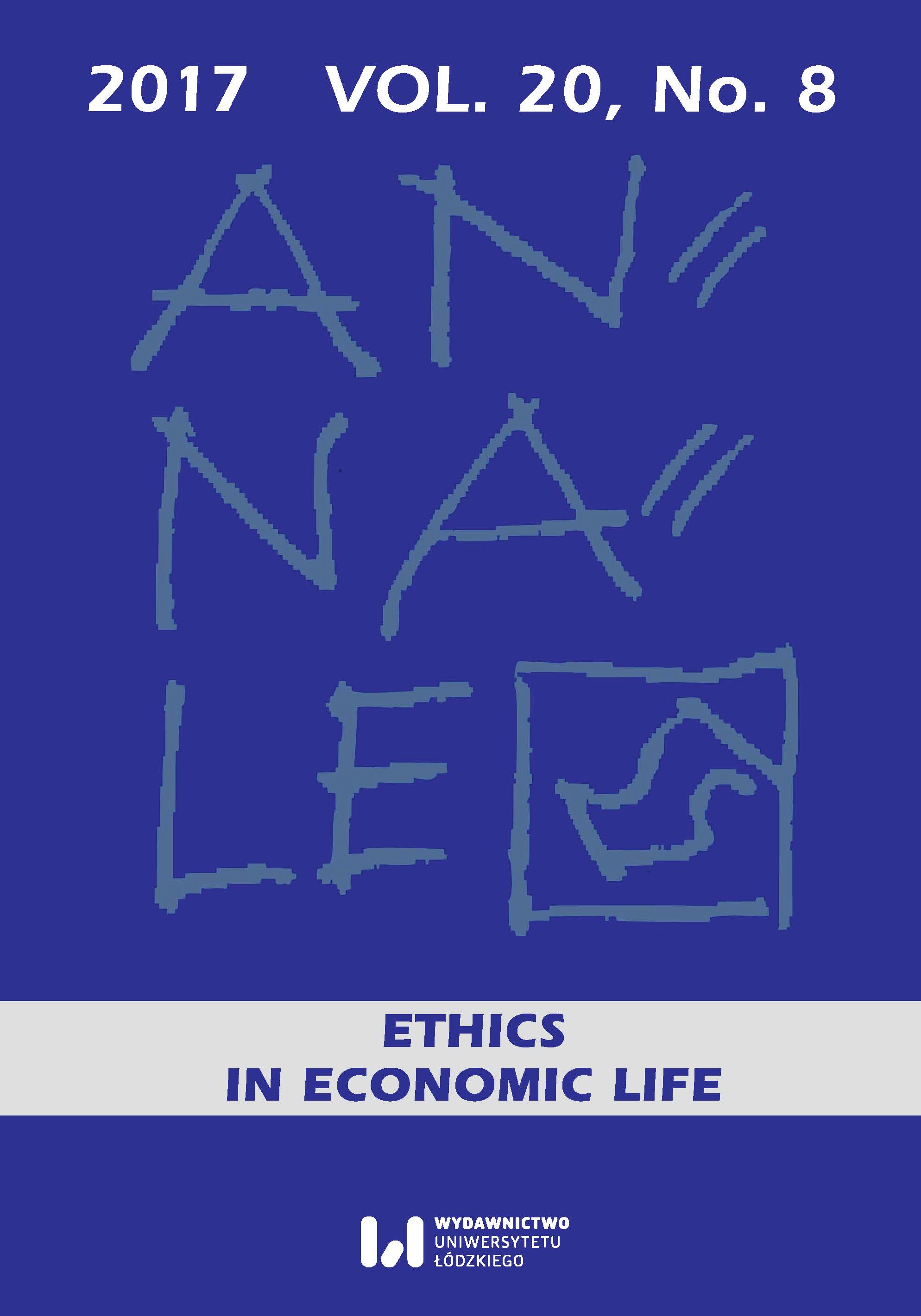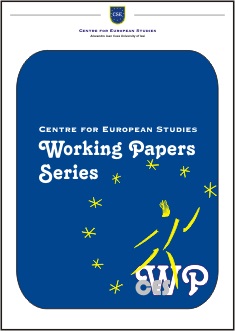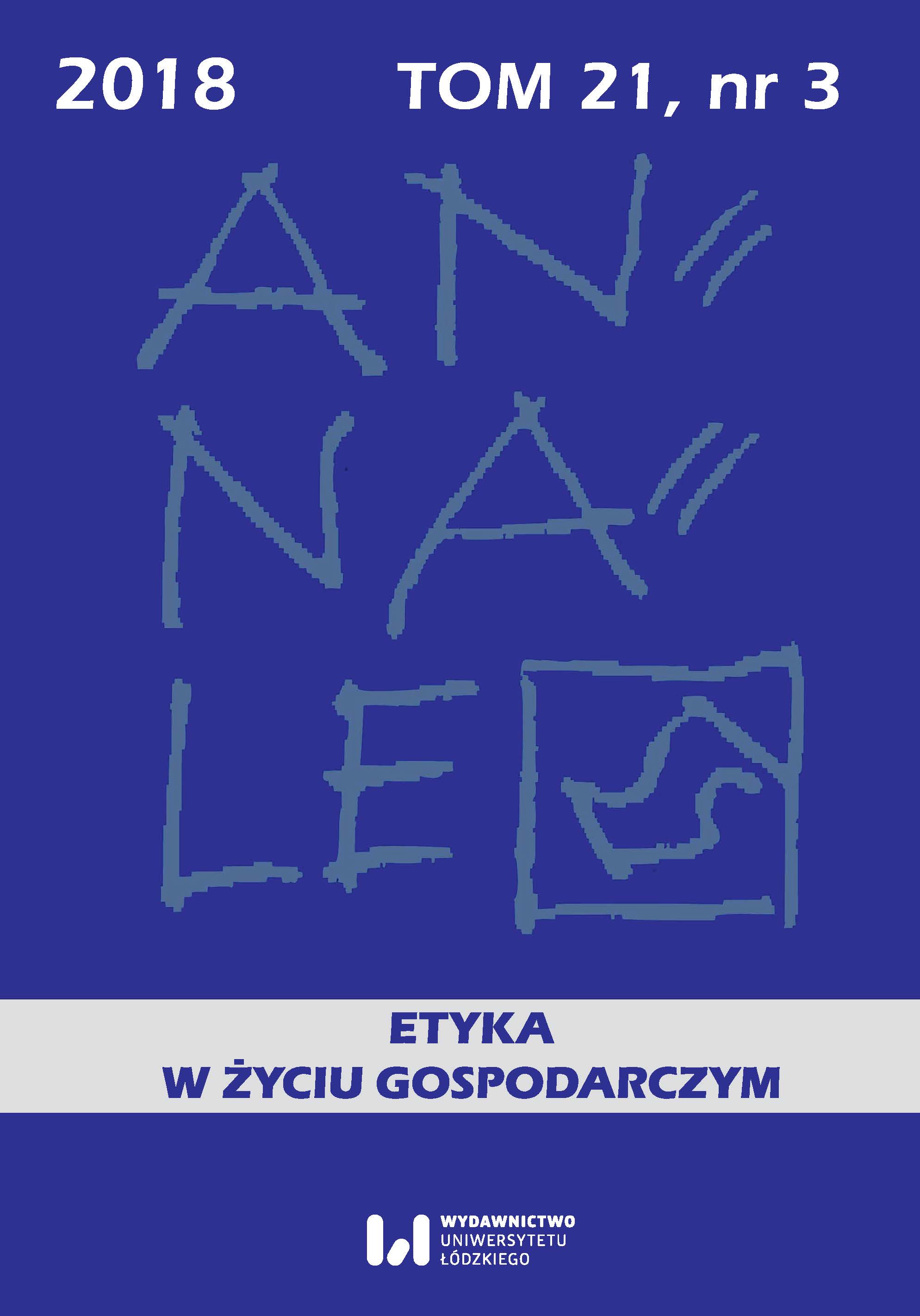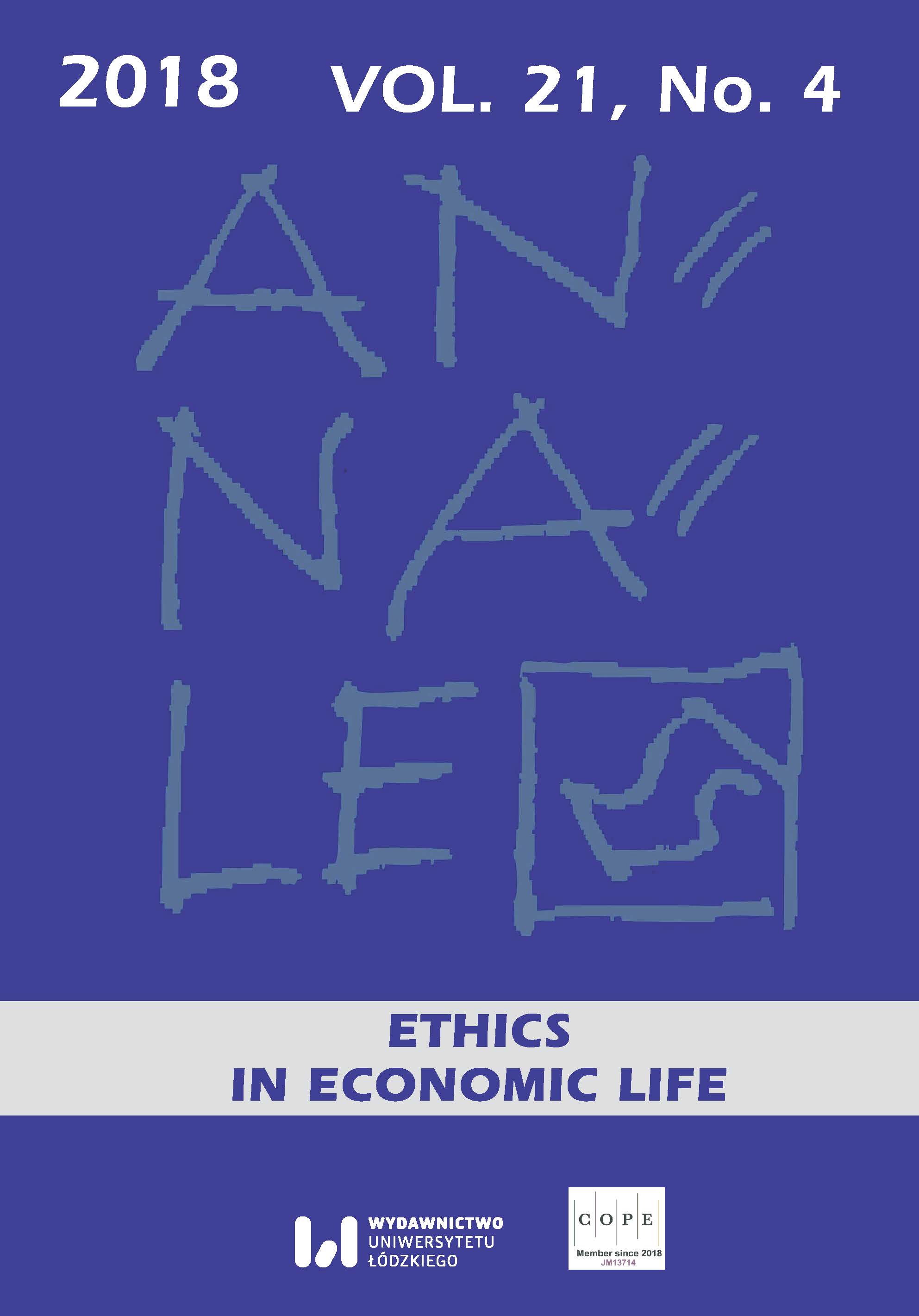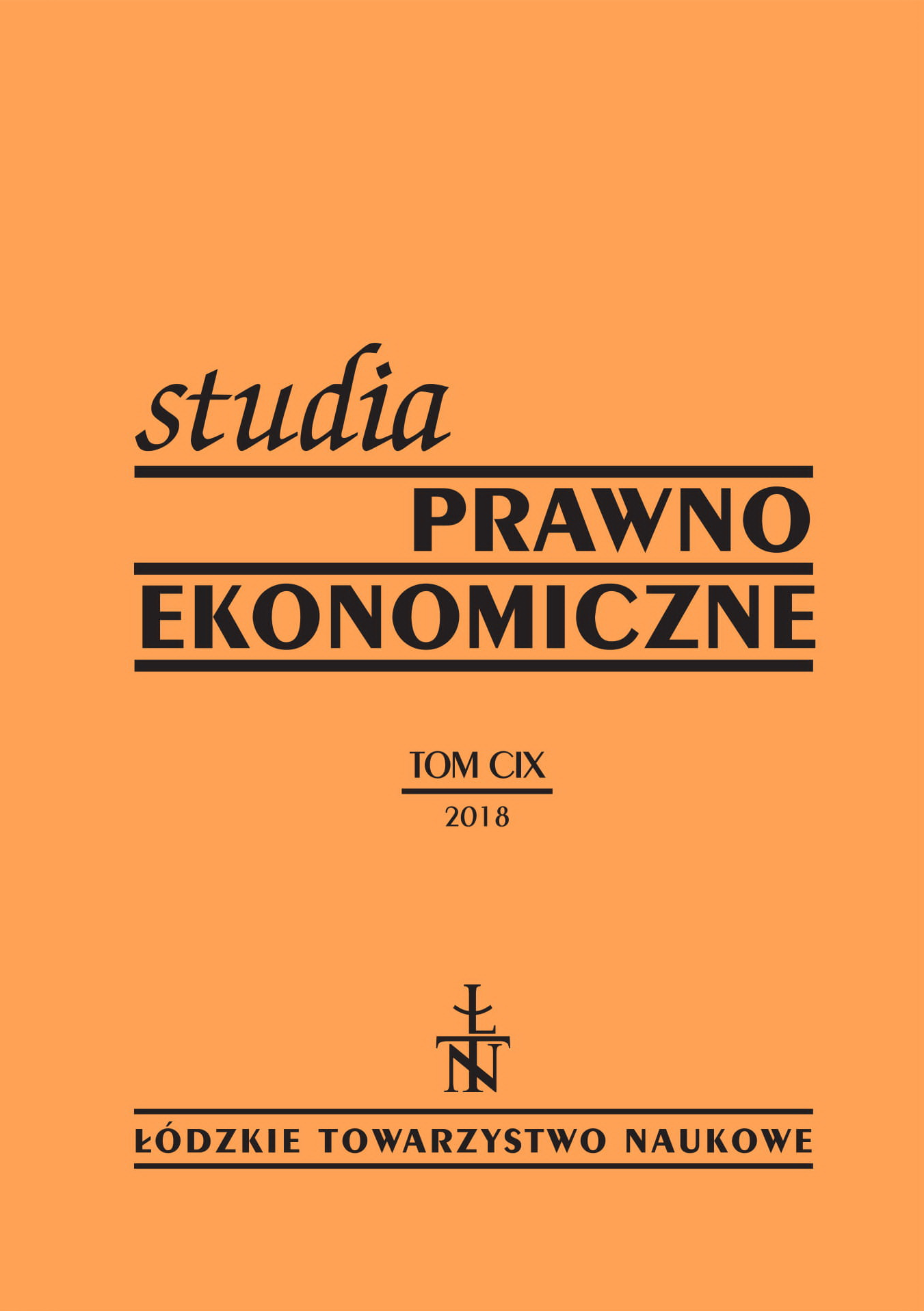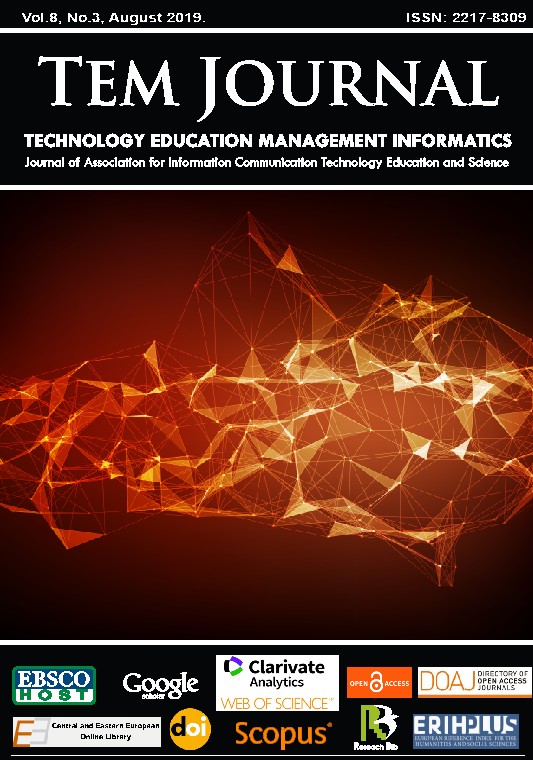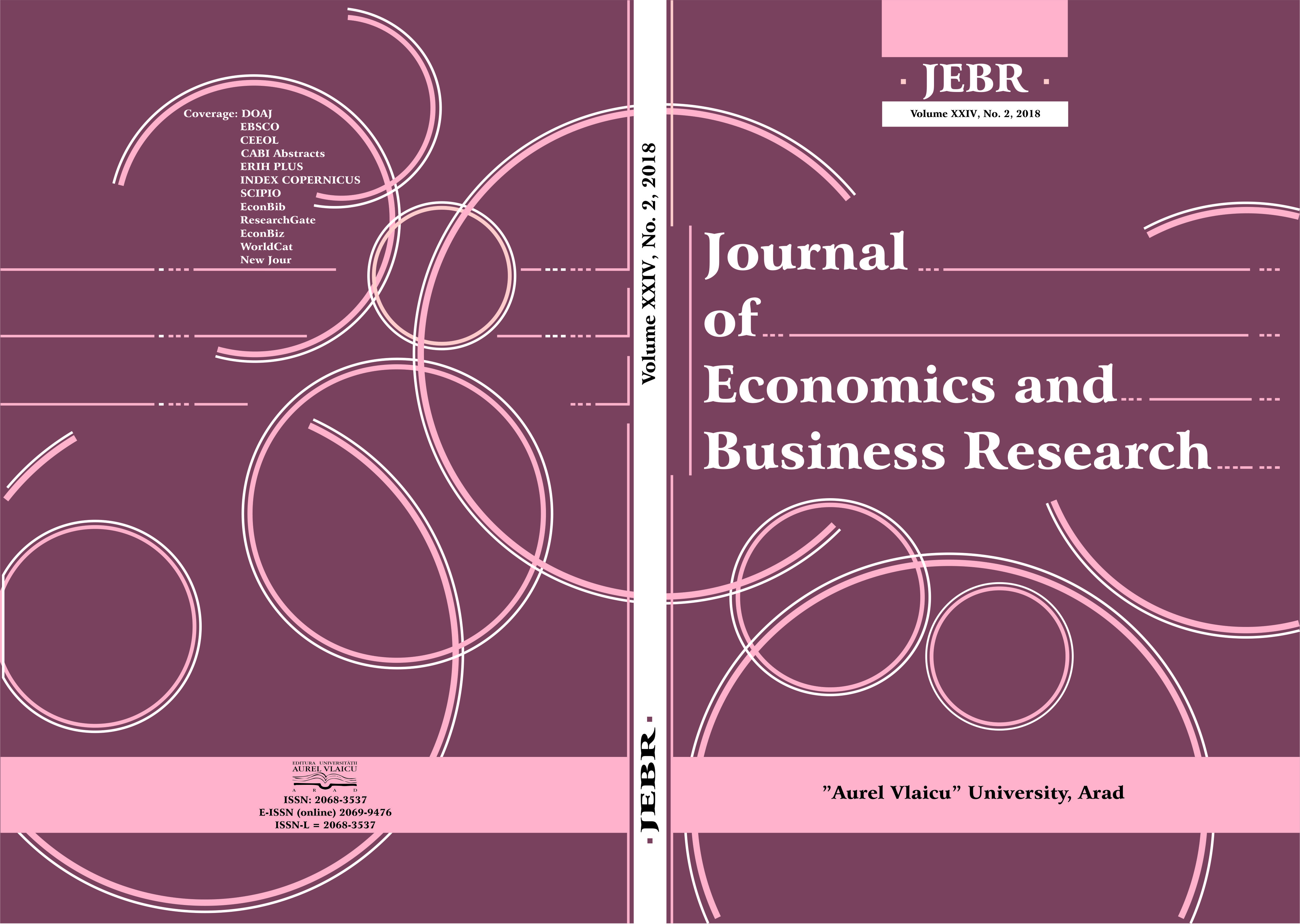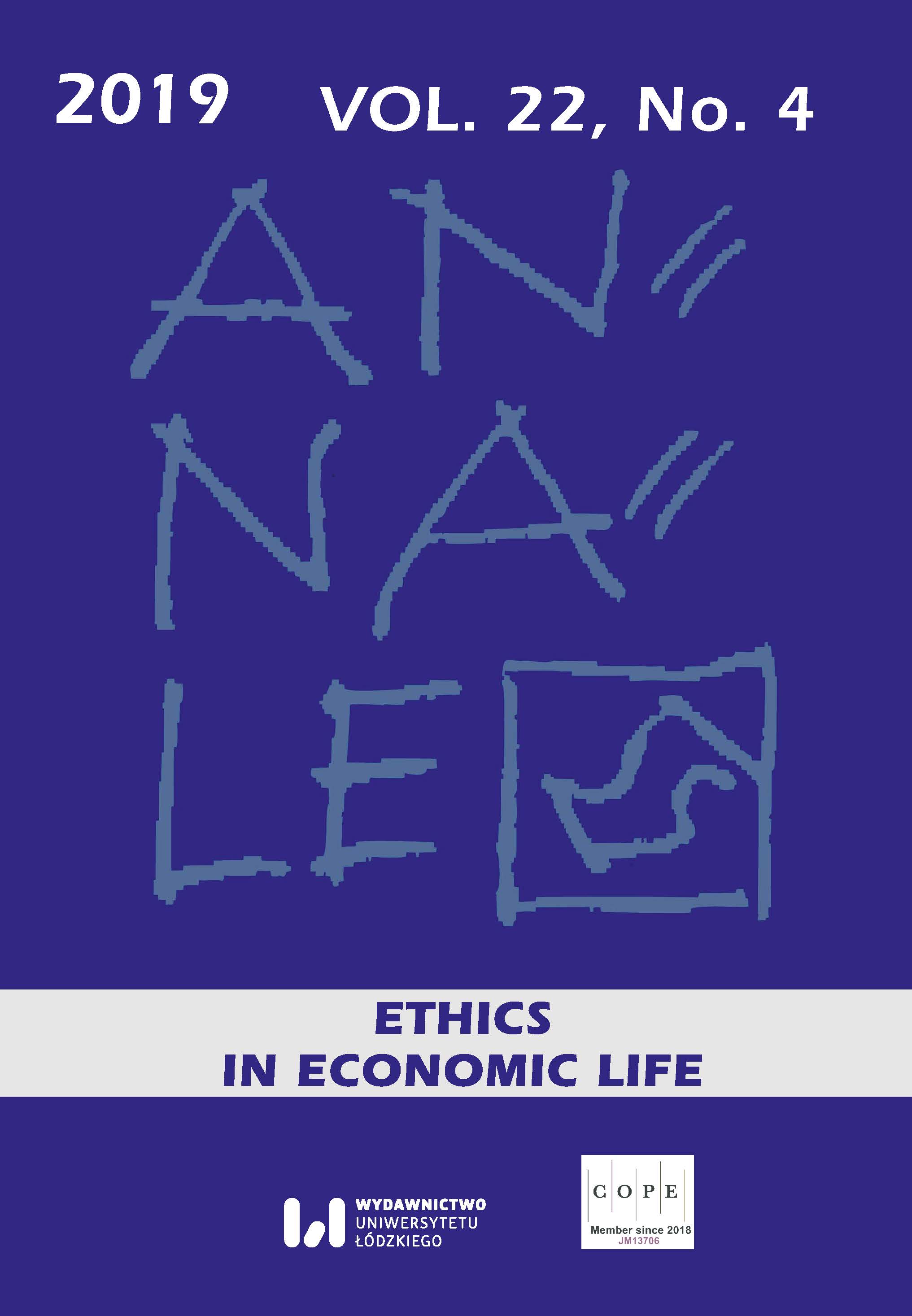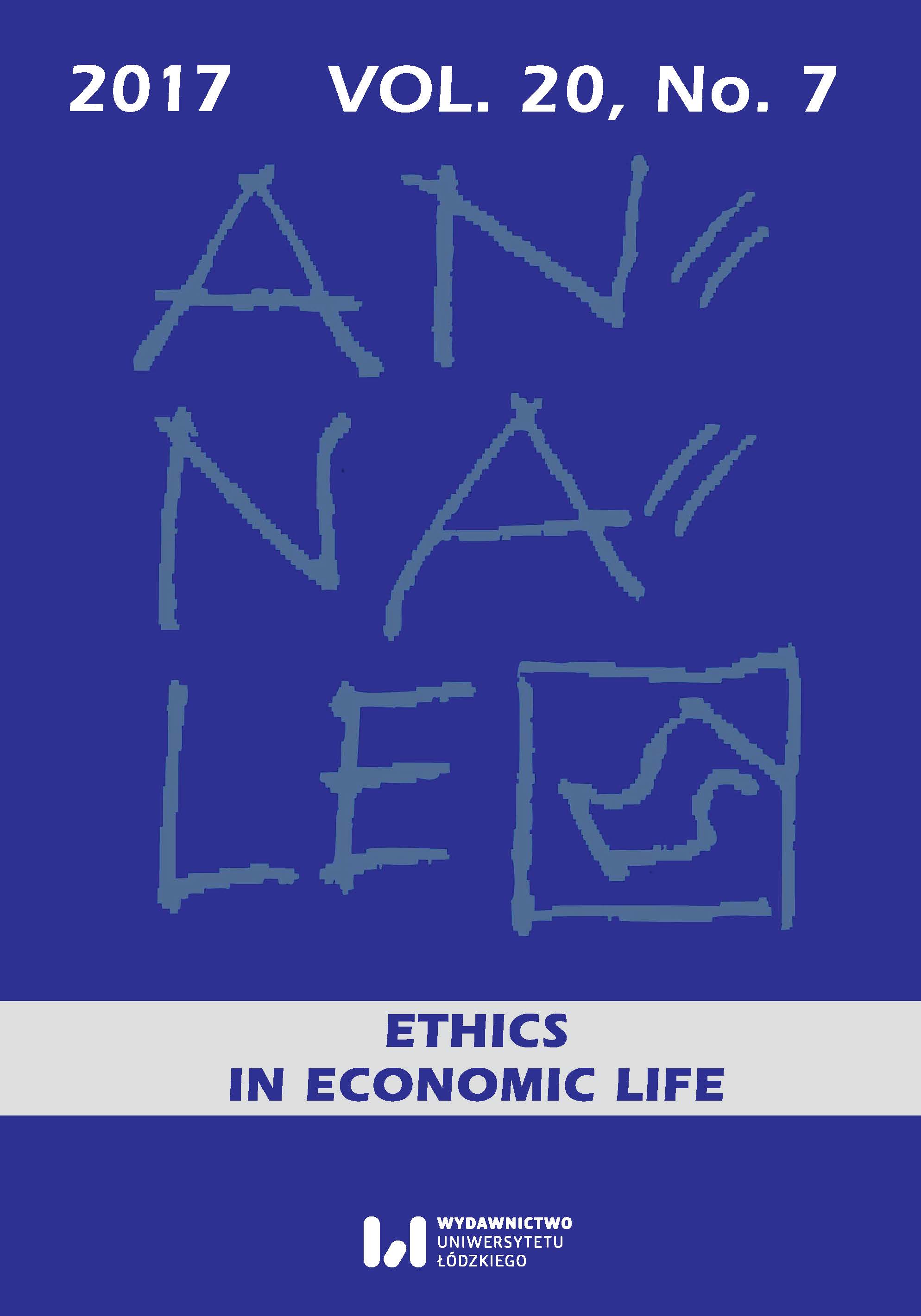
The ethical and praxeological conceptions of an act and its evaluation
The conception of an act and its evaluation constitute the most interesting and important moral subject which consists of a complex set of theoretical and practical issues. The article includes St. Thomas’ conception of the definition of the goodness of an act, Tatarkiewicz’s theory of rightness of an act as a source of its evaluation as well as Kotarbinski’s considerations which deal with the analysis of an act from an efficiency perspective. They have all contributed to the definition of an act in its several variants and provided the possibility of classification of evaluation of an act on the ethical and praxeological plane.
More...
